Jesse Welles is proving that protest folk music never went out of style, it just needed a hyper political climate that affects everyone! The Arkansas singer-songwriter has become a viral sensation by doing something deceptively simple: delivering songs about war, capitalism, tariffs and United Healthcare in bite-sized videos on social media, proving that topical songwriting can thrive in the digital age.
With his raspy vocals, trusty harmonica, and unflinching political commentary, Welles has drawn inevitable comparisons to Bob Dylan. But rather than feeling derivative, his approach feels like a natural evolution—taking the protest song tradition and adapting it for an audience that gets their news in three-minute segments on their phones.
From Arkansas Woods to Viral Fame
Welles has been playing music professionally for over a decade, but last year, his career took off when he began performing his protest songs on social media. His breakthrough didn’t come through traditional industry channels but through the democratic power of platforms like TikTok, where authenticity often trumps polish.
Filming himself in Arkansas landscapes—fields, woods, small-town settings—Welles creates an intimate connection with viewers that feels both immediate and timeless. The visual simplicity puts all focus on his words and delivery, stripping away any barriers between artist and audience.
His approach to “singing the news” has resonated with millions who’ve been searching for music that acknowledges the complexity of current events without offering easy answers or partisan talking points.
Tackling Today’s Headlines with Folk Tradition
In 2024, Welles garnered attention on social media for writing and performing folk protest songs, including “The Poor”, “Cancer”, “The Olympics”, and “United Health”, as well as “War Isn’t Murder”, a track about the Israel-Palestinian War. These songs showcase an artist unafraid to tackle controversial subjects with the same directness that made 1960s folk music so powerful.
What sets Welles apart is his ability to find the human story within larger political issues. His songs don’t lecture—they observe, question, and invite listeners to think more deeply about subjects they might otherwise scroll past.
“Cancer,” released as a single in 2024, exemplifies his approach: taking a deeply personal experience and connecting it to broader social commentary about healthcare, mortality, and what we value as a society.
Modern Troubadour for a Digital Age
What makes Welles compelling isn’t just his political commentary—it’s his understanding that folk music has always been about meeting people where they are. In the 1960s, that meant coffeehouses and college campuses. Today, it means smartphone screens and social media feeds.
His success represents a broader shift in how music reaches audiences. By bypassing traditional gatekeepers and speaking directly to listeners, he’s proven that authentic voices can still break through the noise of algorithmic feeds and manufactured content.
The intimacy of his delivery—often just him, his guitar, and his phone camera—creates the kind of personal connection that larger productions sometimes miss. Viewers feel like they’re getting private concerts from someone who genuinely cares about the issues he’s addressing.
Wild Hearted Take
Welles release a new album “Middle,” earlier this year, and is currently doing a headlining tour dubbed the “Fear Is the Mind Killer” tour. Even though he’s now known by millions on TikTok, seeing him live is where you get a real sense of his authenticity.
His success proves that audiences are hungry for music that acknowledges the world we’re actually living in. While other artists avoid controversy, Welles embraces it, trusting his listeners to engage with complex ideas and emotions. That trust has created a genuine connection that extends far beyond viral moments into lasting artistic impact.
Stay Wild. Stay Engaged. Stay True.

